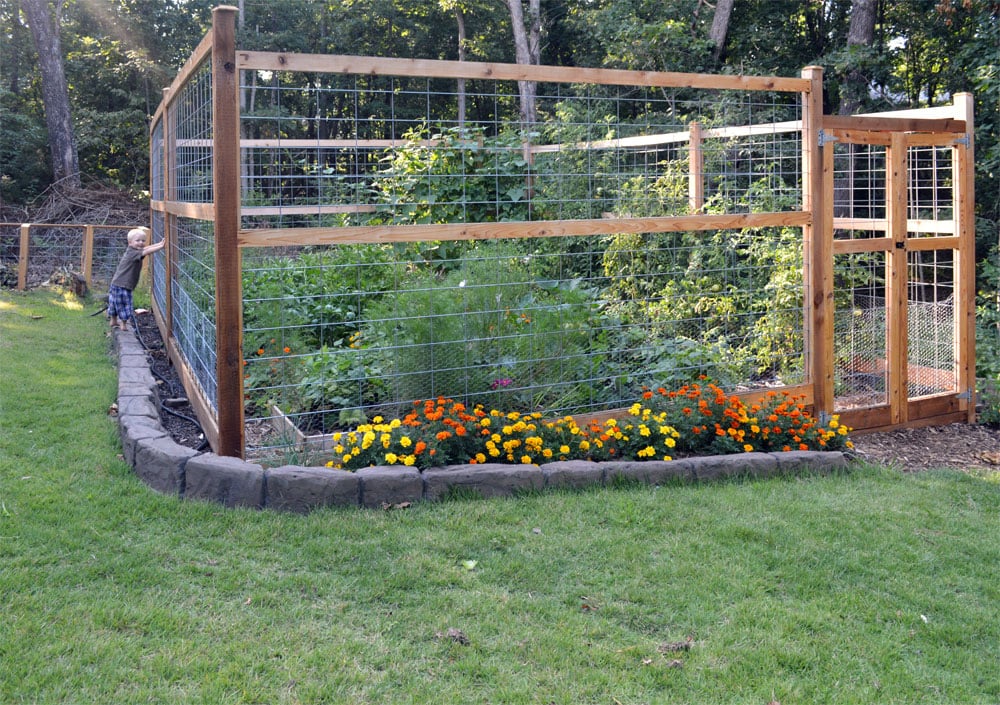Introduction
Gardening is a rewarding hobby that brings joy and fresh produce to many households. However, one common challenge gardeners face is keeping critters out of the garden. Animals like rabbits, deer, squirrels, and insects can cause significant damage by eating plants, digging up roots, or spreading diseases. Protecting your garden from these critters is essential to ensure healthy plant growth and a bountiful harvest.
This article explores practical, research-backed methods to keep critters away from your garden. You’ll learn about physical barriers, natural repellents, habitat modification, and expert tips to create an effective critter-proof garden. Whether you’re a beginner or an experienced gardener, these strategies will help safeguard your plants with minimal harm to wildlife.
Common Garden Critters and Their Impact
Understanding which critters are causing damage is the first step in effective garden protection. Common garden pests include:
- Rabbits: Known for nibbling young shoots and leafy greens.
- Deer: Can consume large portions of shrubs, flowers, and vegetables.
- Squirrels and Chipmunks: Dig up bulbs and steal seeds.
- Insects: Such as aphids, caterpillars, and beetles that eat leaves and transmit diseases.
Each critter requires a tailored approach to control, as their behavior and diet differ significantly.
Physical Barriers: The First Line of Defense
Fencing
Installing a sturdy fence is one of the most effective ways to keep larger animals like deer and rabbits out of your garden. Experts recommend:
- Using wire mesh fencing with openings no larger than 1 inch to block small animals.
- Ensuring fences are at least 8 feet tall to deter deer.
- Burying the fence 6-12 inches underground to prevent animals from digging underneath.
Row Covers and Netting
Lightweight fabric row covers protect plants from insects and small animals while allowing sunlight and water to reach the plants. Bird netting also prevents birds and squirrels from accessing fruits and vegetables.
Plant Guards
Individual plant collars or cages made from plastic or metal can protect young plants from nibbling critters.
Natural Repellents and Deterrents
Homemade Sprays
Natural sprays made from garlic, hot peppers, or neem oil can deter insects and some mammals. These sprays are non-toxic and safe for edible plants.
Commercial Repellents
Products containing ingredients like capsaicin, castor oil, or mothballs can discourage animals. Always follow label instructions to minimize environmental impact.
Scare Tactics
Motion-activated sprinklers, reflective tape, and noise devices can startle critters and reduce garden visits. However, animals may habituate over time, so vary the methods.
Habitat Modification to Reduce Attraction
Critters are attracted to gardens because they find food, shelter, and water. Reducing these attractants helps keep them away.
- Remove dense brush and tall grass near the garden to eliminate hiding spots.
- Secure compost bins and garbage areas to avoid attracting raccoons and rodents.
- Eliminate standing water to reduce insect breeding grounds.
Creating a less hospitable environment encourages critters to seek food elsewhere.
Plant Selection and Companion Planting
Some plants naturally repel critters. Incorporate these into your garden to reduce damage:
- Marigolds and garlic deter insects.
- Lavender and rosemary repel deer and rabbits.
- Strong-smelling herbs can mask the scent of more vulnerable plants.
Companion planting also improves garden health and resilience, reducing the need for chemical controls.
Conclusion
Keeping critters out of your garden requires a combination of strategies tailored to the specific animals and garden conditions. Physical barriers like fencing and netting offer strong protection, while natural repellents and habitat modification reduce the likelihood of critter visits. Thoughtful plant selection further strengthens your garden’s defenses.
By implementing these expert-backed methods, you can enjoy a thriving garden with minimal damage from unwanted animals. Remember, persistence and regular monitoring are key to long-term success. Start protecting your garden today and watch your plants flourish without interruption!
